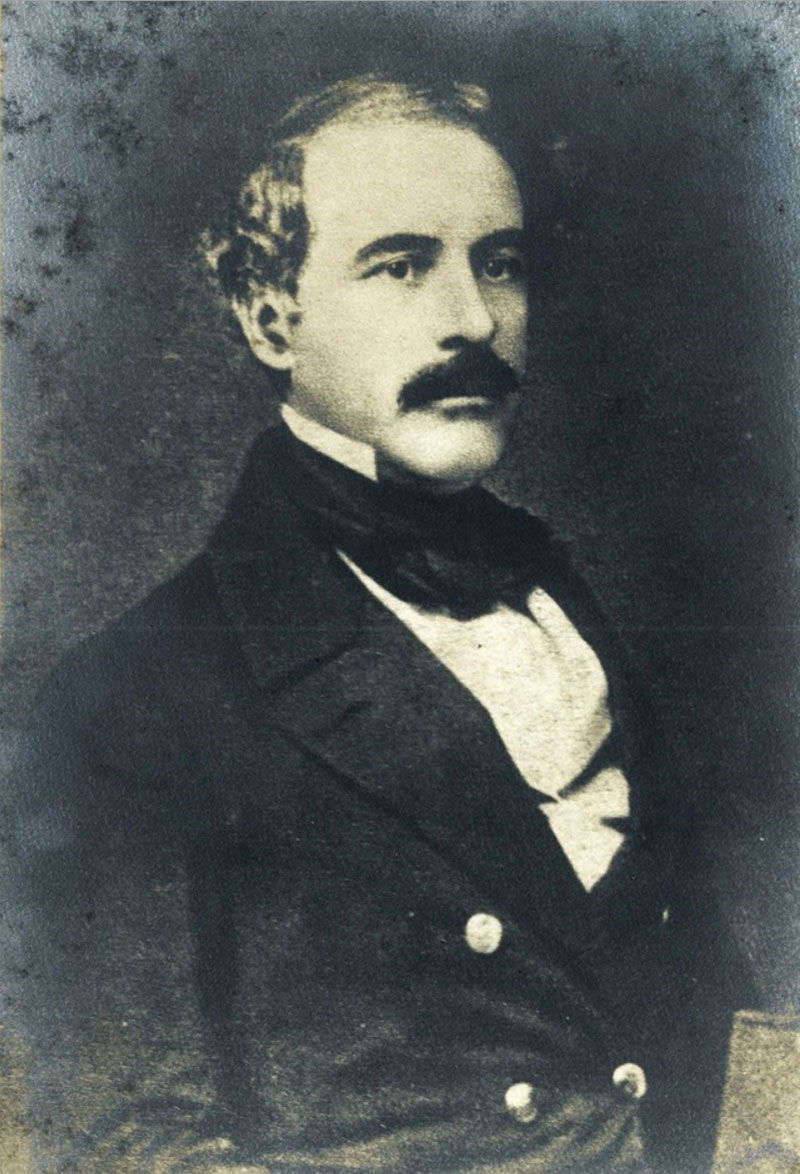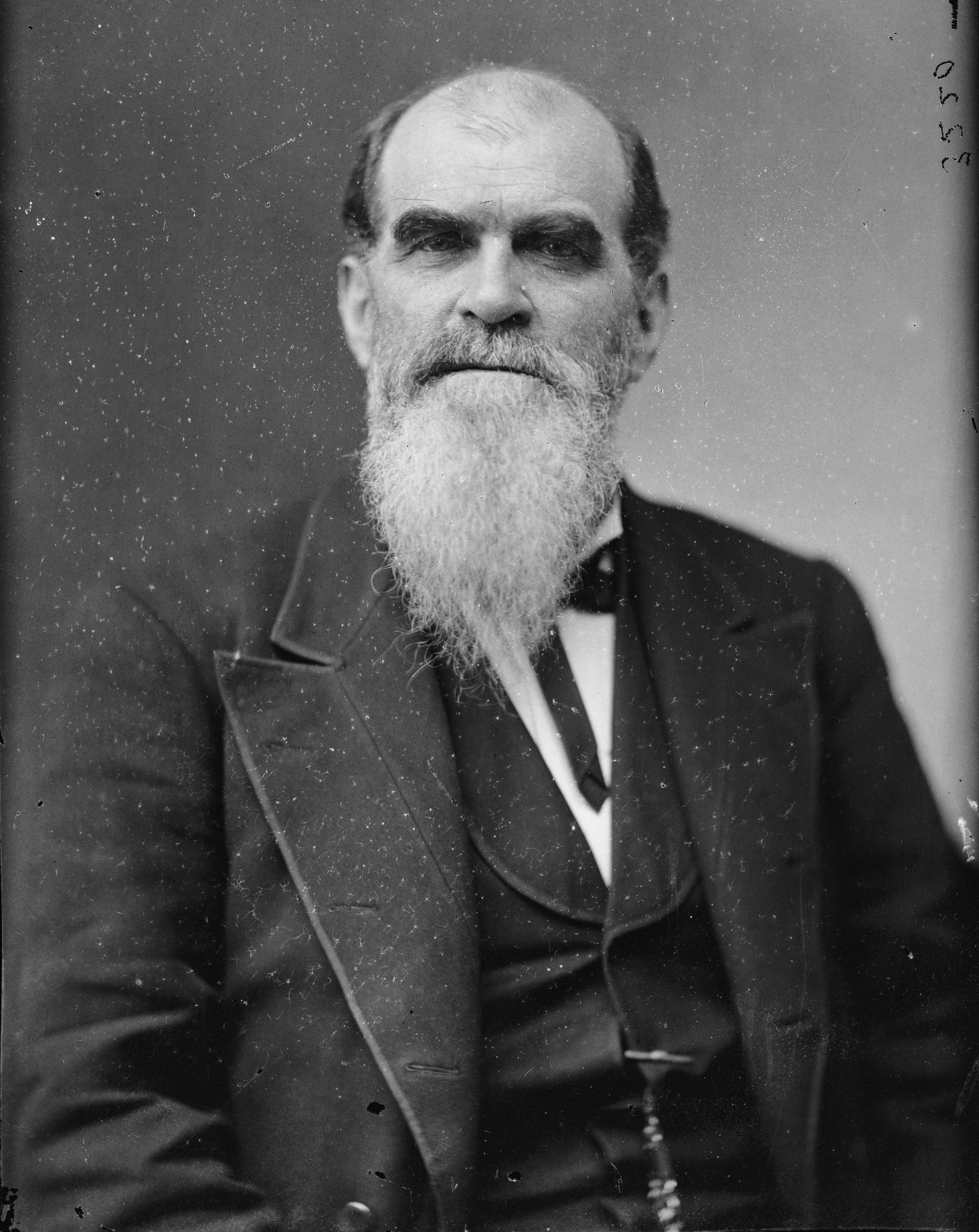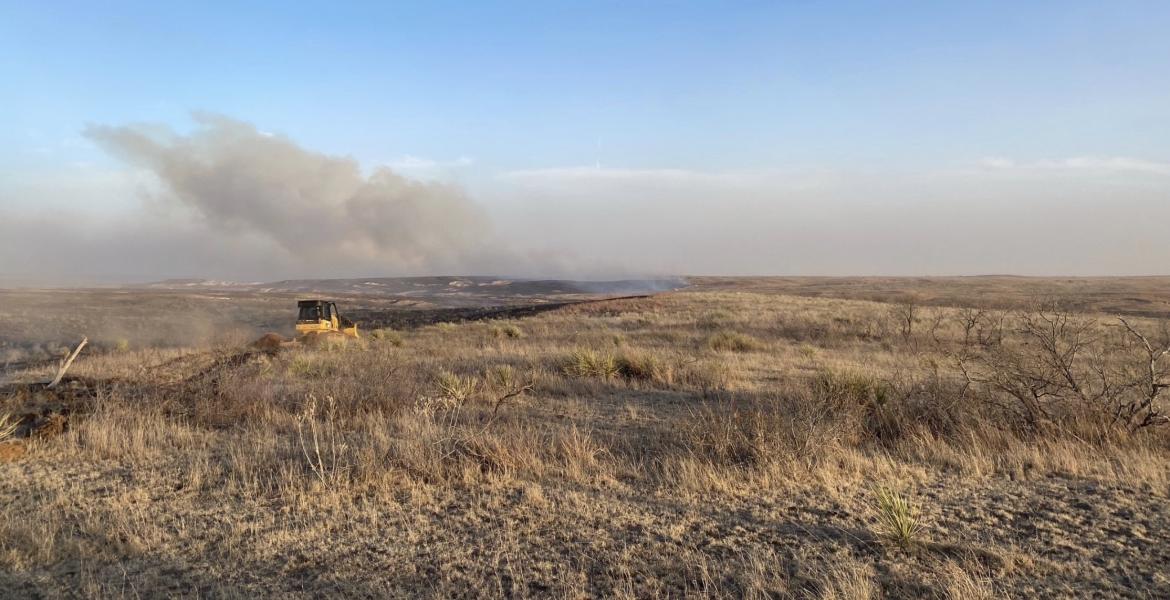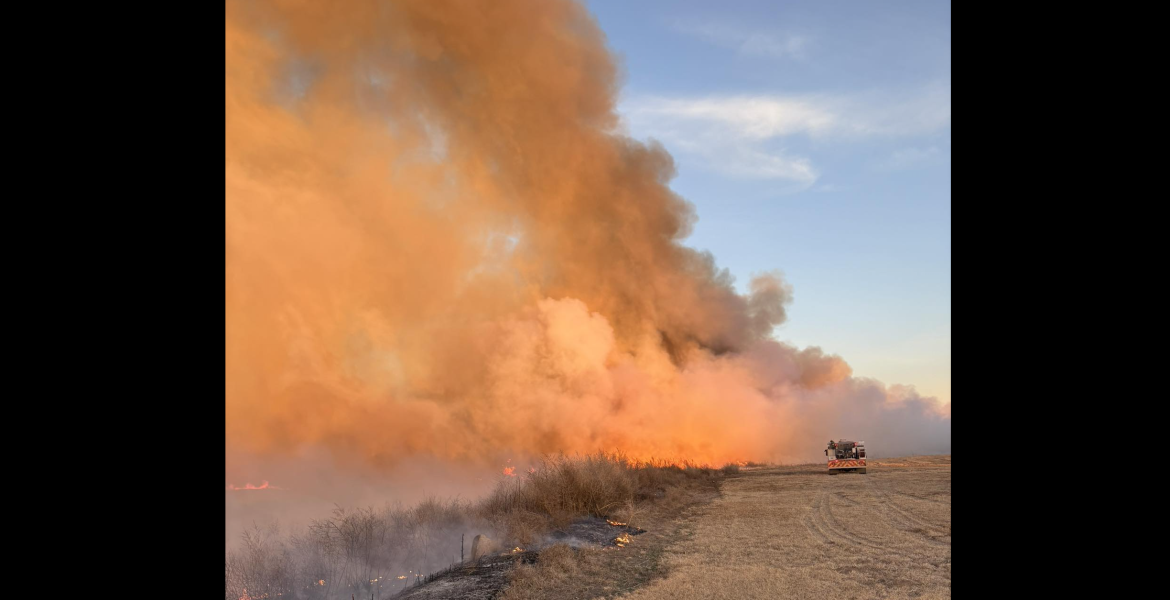Robert Lee, Texas was reportedly named after General Robert E. Lee after he camped on the Colorado River, which runs quite near where the city stands today. The confederacy has entered into the public consciousness recently as the Supreme Court ruled to allow states to ban the image of a confederate flag. Despite this, Robert Lee has yet to have been exposed to major criticism due to the name of the town.

According to a discussion held by San Angelo LIVE!, citizens of Robert Lee and the surrounding areas are almost universally opposed to the idea of a name change for the city.
“I understand why people take offense to the Confederate flag because there are some people that use it as a symbol of hatred, white supremacy and other nonsense,” the anonymous Robert Lee Resident said. “The controversy is some people trying to make a mountain out of a molehill.”
Anthony Lopez, deputy sheriff at Coke County Sheriff’s Office, claimed that on a scale of one to ten, his concern for the issue of the confederate flag is a zero.
“History, in my opinion, sort of dictates the future,” Lopez said. “Now, whatever happens in the long run is going to happen. That’s why I don’t really think twice about the controversy about it because I don’t really have an opinion to be honest with you.”
According Superintendent of Robert Lee ISD Aaron Hood, he doesn’t have an opinion on the confederate flag either. However, he claimed to understand “both sides of the issue.”
“I understand people’s concerns over the whole [confederate flag] issue,” Hood said. “People that fly that Confederate flag in anger, they have more things they need to address than just flying a flag. They need to address how they were brought up, the problems that they have and the anger that they hold.”
Lopez said that he has a definite opinion on the American flag; however, he claimed that he doesn’t give flags that he does not identify with, such as the confederate flag, a second thought.
“Yes, unfortunately, there is still racism in this country,” the anonymous Robert Lee resident said. “But reverse racism is raising its ugly head just as often as racism. I’m American Indian but you don’t see me running around taking scalps because we as a people were done wrong, but that’s a whole different story.”
According to Hood, Robert Lee, Texas and the school he serves are named after a piece of history and are probably not getting a name change anytime soon.
"Just because a town’s named after [Lee] doesn’t mean that they have to agree with everything that the guy stood for," Hood said. "The town’s been around for a long, long, time and people are pretty used to the name and used to the town.”

In the height of Reconstruction in post-Civil War Texas in 1873, Coke, a Democrat, defeated the Republican incumbent Governor Edmund J. Davis for Governor of Texas. The Handbook of Texas online said it was a “bitter and sometimes violent election.”
About the pictures:
Robert E. Lee around age 43 when he was a Brevet Lieutenant-Colonel of Engineers, c.1850. (Meredith, Roy. The Face of Robert E. Lee: in Life and in Legend. New York: Charles Scribner's Sons, 1947. (page 25))
Richard Coke ( March 13, 1829 – May 14, 1897) was an American lawyer, farmer, and statesman from Waco. He was governor of Texas from 1874 to 1876 and represented Texas in the U.S. Senate from 1877 to 1895. His uncle was congressman Richard Coke. (Library of Congress Prints and Photographs Division. Brady-Handy Photograph Collection.)
Subscribe to the LIVE! Daily
Required






Post a comment to this article here: